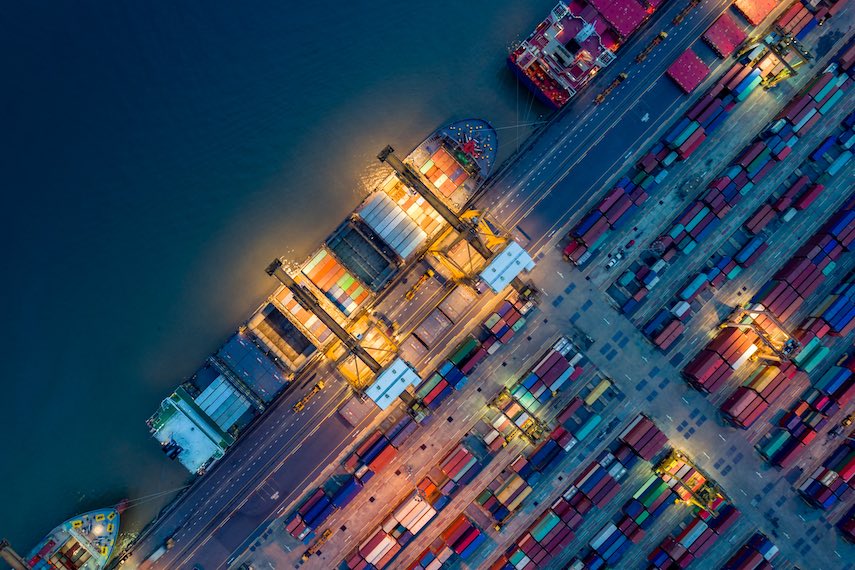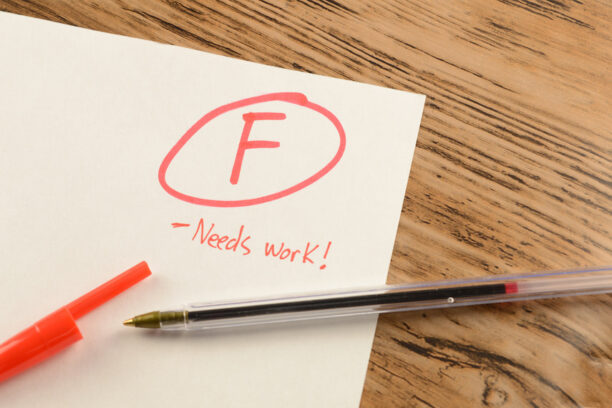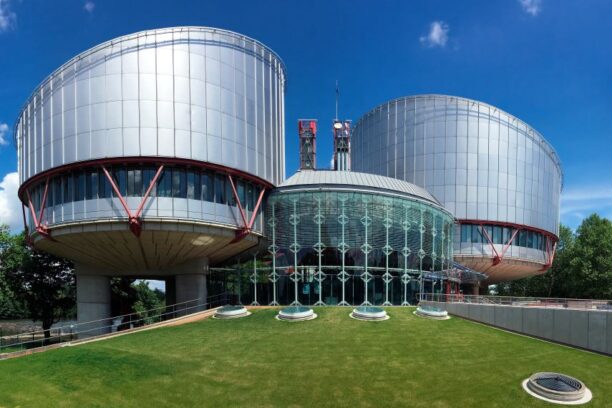Supply chain due diligence is gaining traction globally as companies are expected to know more about their supply chain partners. These regulations take the form of laws like the German Supply Chain Act, EU’s Corporate Sustainability Due Diligence Directive, and the US Uyghur Forced Labor Prevention Act. New technologies are often vital to supply chain tracing and companies employ them to gather data that may otherwise be difficult to obtain. However, companies aren’t the only ones that rely on such data. Regulators are employing technology to check companies’ work and compliance with due diligence laws. Italy did just this in its recent investigation into LVMH. Reuters describes the circumstances leading to the investigation stating:
“On-site inspections and checks on electricity usage data led prosecutors to allege workers were employed for extended hours, working often into the night and during holidays. Some of the staff slept where they worked, had no regular contracts, with two having illegally immigrated into Italy.
This is the third such decision this year by the Milan court in charge of pre-emptive measures, which in April took similar steps in relation to a company owned by Giorgio Armani due to accusations the fashion group was ‘culpably failing’ to properly oversee its suppliers. Armani Group said at the time it had always sought to ‘minimise abuses in the supply chain'”.
Italy appears to be taking its due diligence laws seriously and is unique due to how the country’s economy functions. The article states that Italy is home to roughly 50% of global luxury goods production – largely dependent on numerous small artisanal suppliers. These suppliers manufacture goods that luxury brands then sell abroad. Often, production of goods can be done inexpensively because of labor exploitation. Companies should be cautious when selecting lowest cost suppliers – that may come with the most risk to human rights. With proliferating supply chain due diligence laws alongside the growth of technology that can help regulators find violations, this risk can quickly manifest as regulatory, litigation and reputation risk.
Our members can learn more about supply chain management here.
If you aren’t already subscribed to our complimentary ESG blog, sign up for daily updates here for daily updates delivered right to you.










